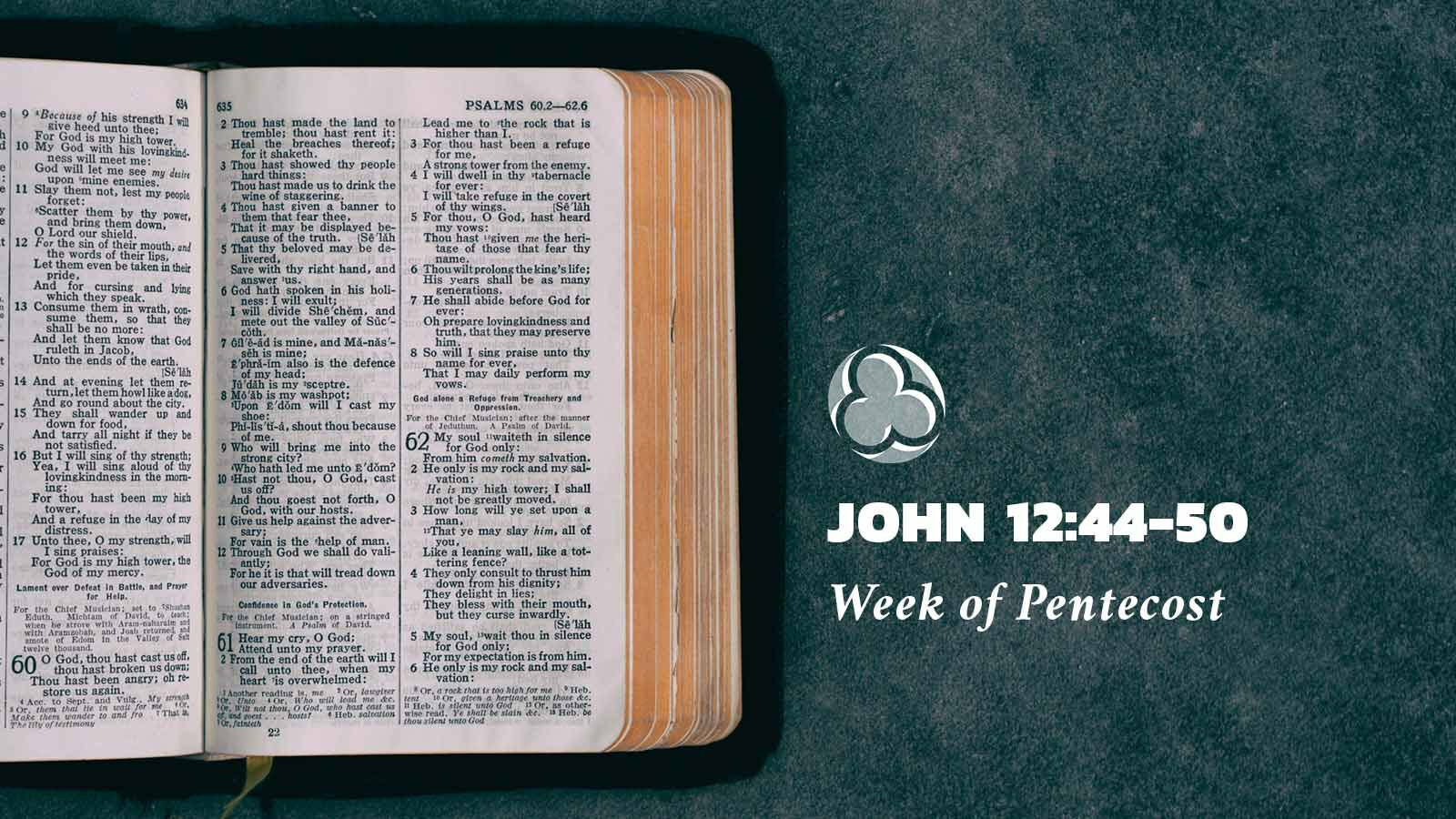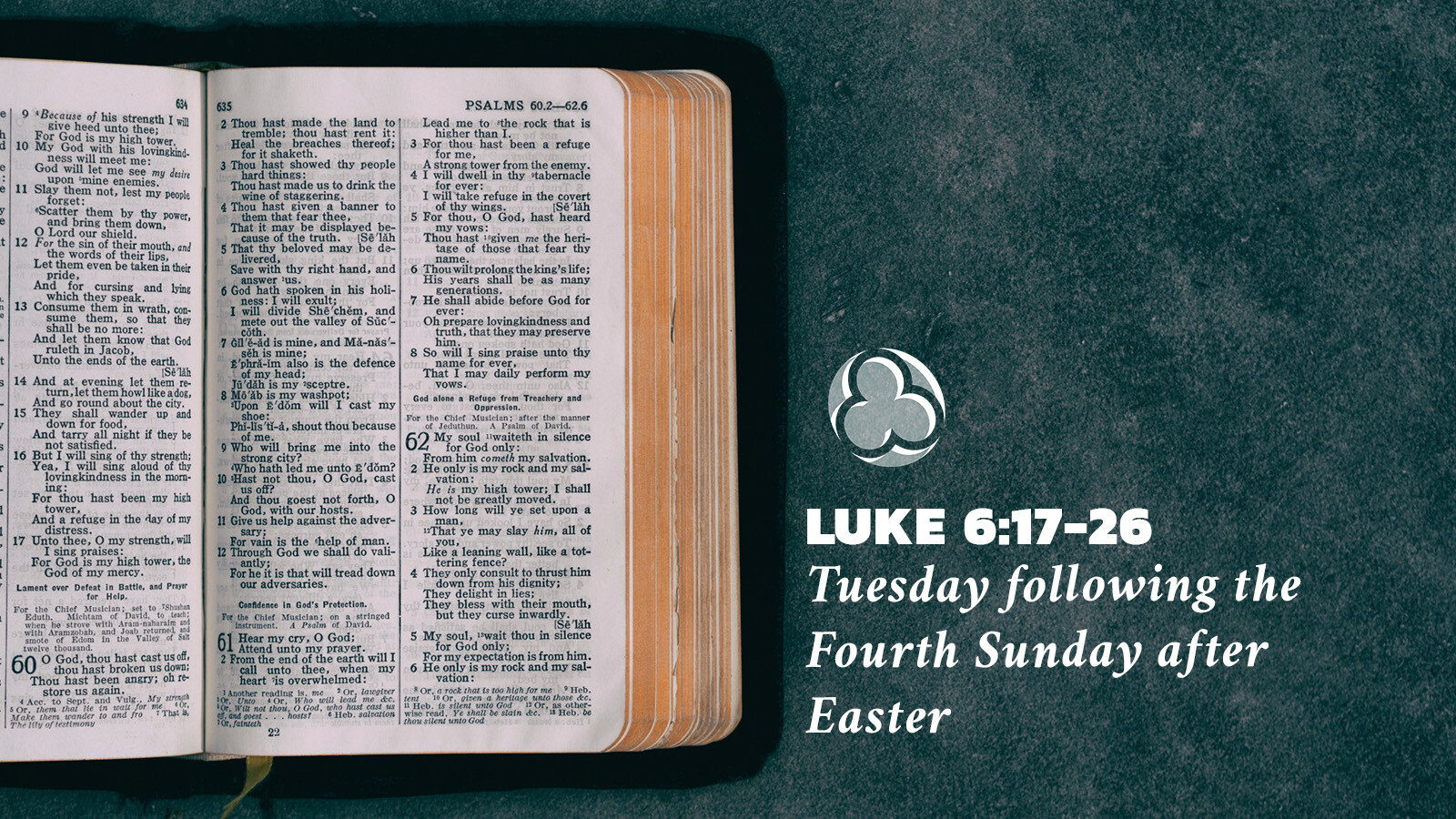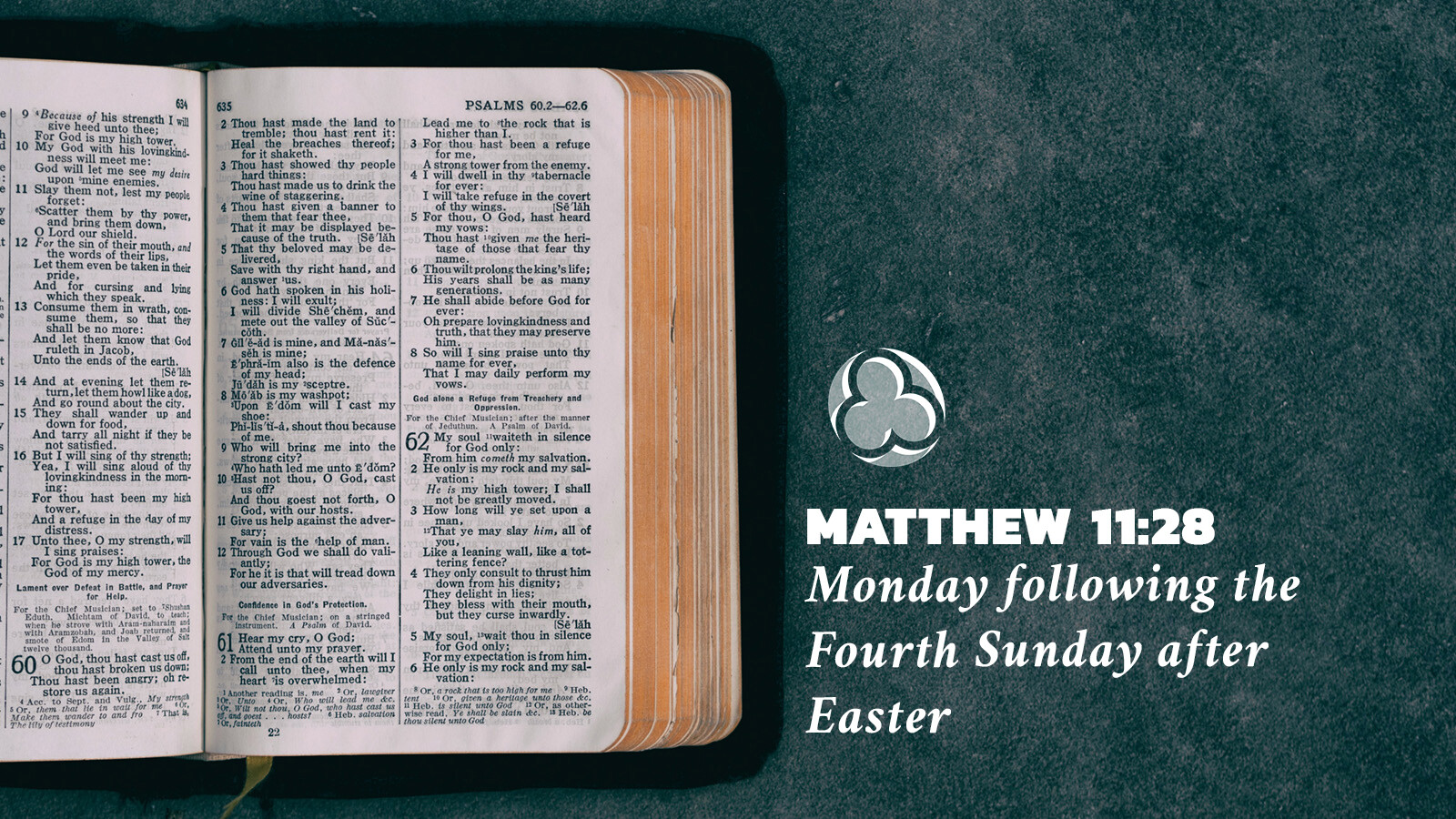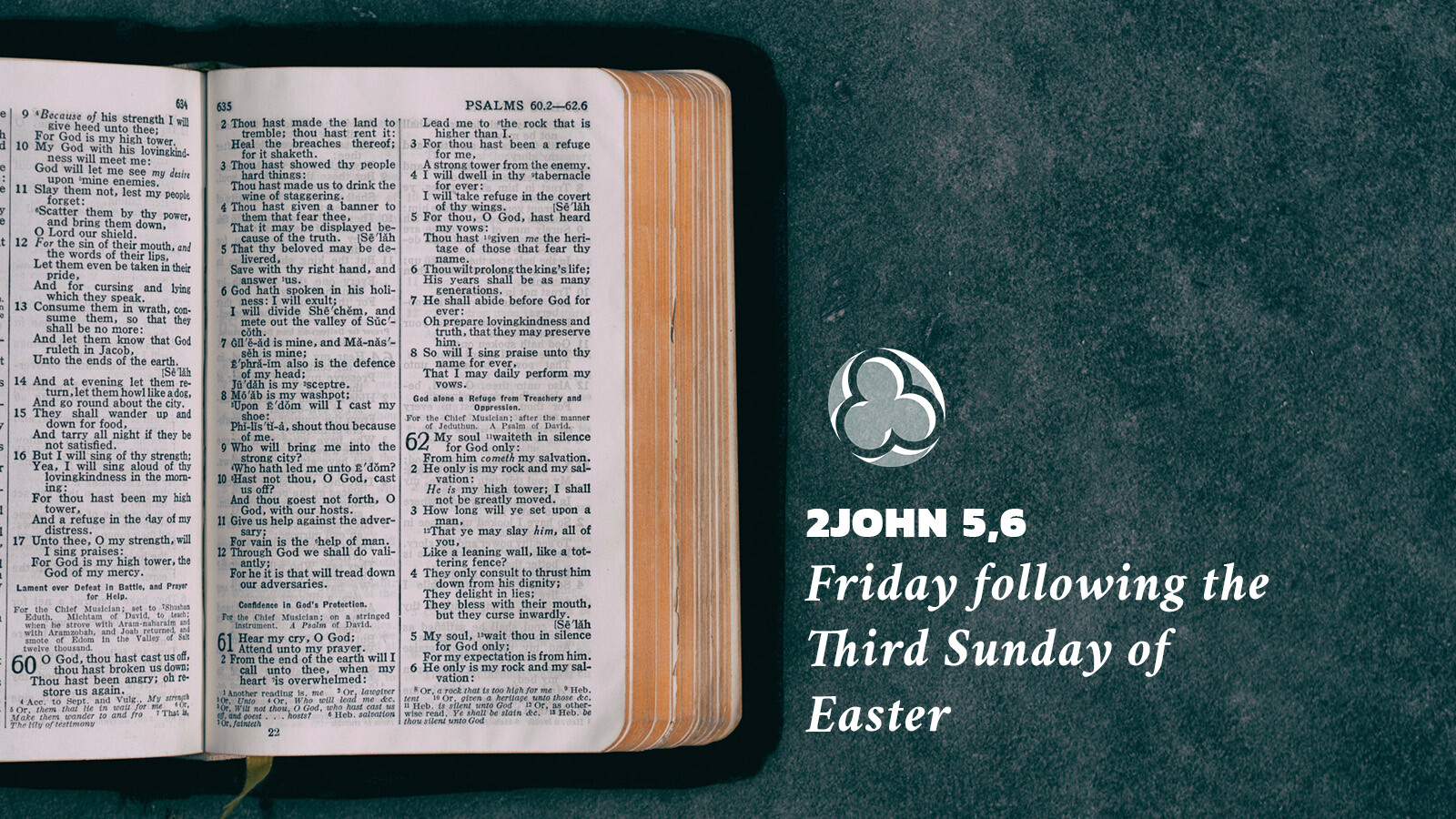
Then Jesus cried aloud: ‘Whoever believes in me believes not in me but in him who sent me. And whoever sees me sees him who sent me. I have come as light into the world, so that everyone who believes in me should not remain in the darkness. I do not judge anyone who hears my words and does not keep them, for I came not to judge the world, but to save the world. The one who rejects me and does not receive my word has a judge; on the last day the word that I have spoken will serve as judge, for I have not spoken on my own, but the Father who sent me has himself given me a commandment about what to say and what to speak. And I know that his commandment is eternal life. What I speak, therefore, I speak just as the Father has told me.’
- John 12:44-50
Justin Martyr - (100 CE - 165 CE)
James Kiefer, Episcopalian, mathematician and amateur hagiographer, wrote, "Justin was born around 100 (both his birth and death dates are approximate) at Flavia Neapolis in Samaria (the middle portion of Israel, between Galilee and Judea) of pagan Greek parents. He was brought up with a good education in rhetoric, poetry, and history. He studied various schools of philosophy in Alexandria and Ephesus, joining himself first to Stoicism, then Pythagoreanism, then Platonism, looking for answers to his questions. While at Ephesus, he was impressed by the steadfastness of the Christian martyrs, and by the personality of an aged Christian man whom he met by chance while walking on the seashore. This man spoke to him about Jesus as the fulfillment of the promises made through the Jewish prophets. Justin was overwhelmed. "Straightway a flame was kindled in my soul," he writes, "and a love of the prophets and those who are friends of Christ possessed me." Justin became a Christian, but he continued to wear the cloak that was the characteristic uniform of the professional teacher of philosophy. His position was that pagan philosophy, especially Platonism, is not simply wrong, but is a partial grasp of the truth, and serves as "a schoolmaster to bring us to Christ." He engaged in debates and disputations with non-Christians of all varieties, pagans, Jews, and heretics. He opened a school of Christian philosophy and accepted students, first at Ephesus and then later at Rome. There he engaged the Cynic philosopher Crescens in debate, and soon after was arrested on the charge of practicing an unauthorized religion. He was tried before the Roman prefect Rusticus, refused to renounce Christianity, and was put to death by beheading along with six of his students, one of them a woman. A record of the trial, probably authentic, is preserved, known as The Acts of Justin the Martyr."
I was struck by Justin's exploration of various schools of thought and philosophy throughout his early life and his later conversion to Christianity after exposure to the Christian martyrs and "by the personality of an aged Christian man whom he met by chance while walking on the seashore." I am intrigued by the image of a quiet man on the beach talking with a new friend about Jesus being the fulfillment of the promises made in the Hebrew scripture. This seems so simple and peaceful. And, I am impressed that even after his conversion Justin continued to wear the uniform of the professional teacher of philosophy and to find value in the school of Platonism, which he used to get to the truths of Christianity. That Justin engaged in debates with people from many faiths and opened a school of Christian philosophy is admirable. I think these things are remarkable at least in part because of the increasingly polarized society we find ourselves in every day. It often seems difficult, if not almost impossible, to engage in civil discourse with others over even the simplest topic. Maybe things would improve if we were more like Justin.
Musical Reflection - Bach - Cello Suite No. 1 Netherlands Bach Society






Login To Leave Comment